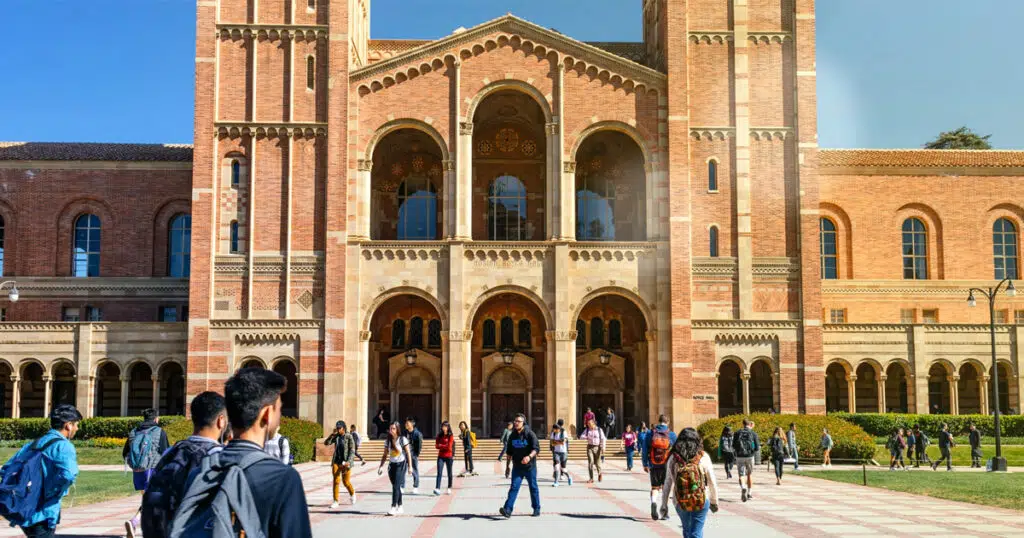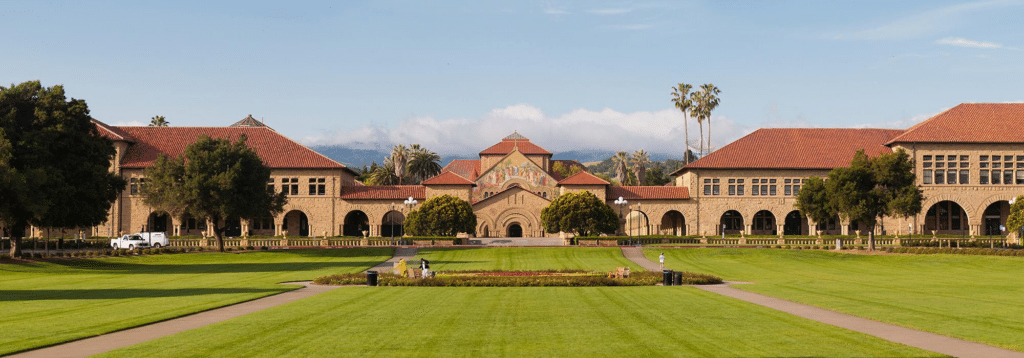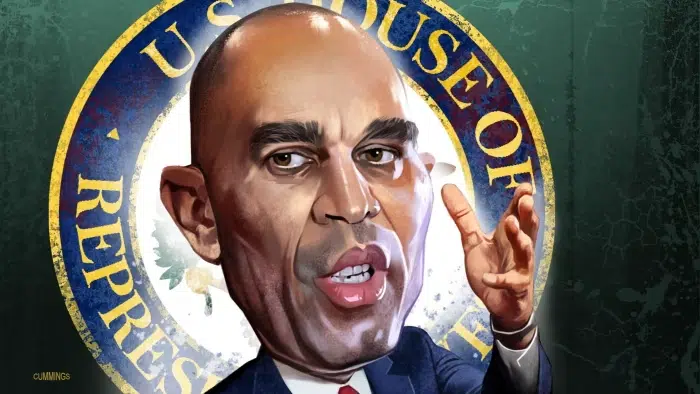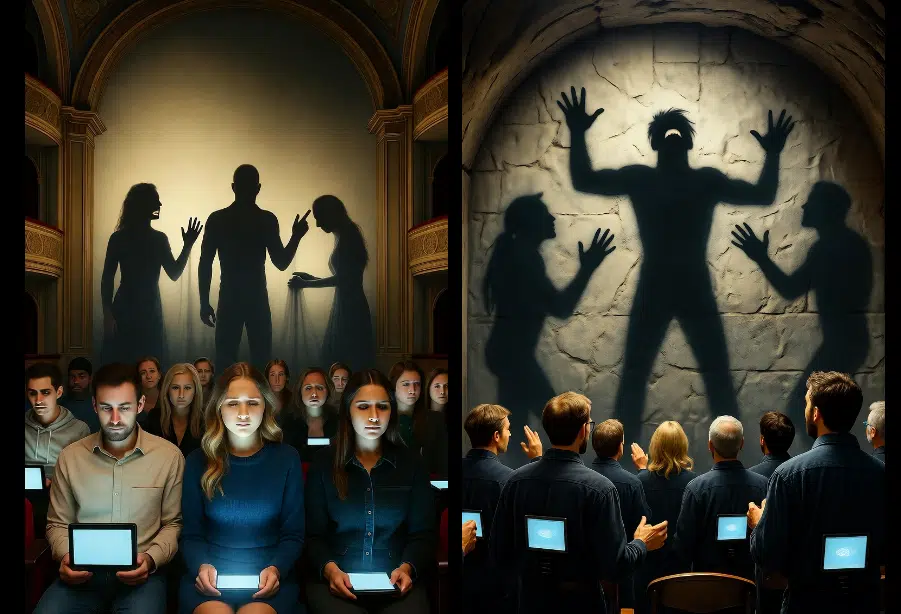
Thousands Of University Of Cal TA’s, Researchers And Other Workers Strike
Organizers say it is the largest strike in United States higher education history: an estimated 48,000 teaching assistants, researchers and other employees have walked off their jobs at the 10 campuses of the University of California system.
The strikers are calling for higher wages and better benefits.
The walkouts involve nearly 48,000 teaching assistants, researchers and other employees across the system’s 10 campuses.
Until the weekend immediately following the midterm elections, officers from all of the UC campuses had been in contract negotiations with the United Auto Workers (UAW) union, which represents four different academic bargaining units, including postdoctoral scholars, academic researchers, academic student employees — otherwise known as teaching assistants — and graduate student researchers. Even though the workers had previously approved a strike in October, negotiations continued into November, when tentative agreements were reached on issues including health and safety matters and ensuring respectful work environments.
But the two sides failed to reach any agreements on more pressing issues like higher pay and better benefits.
The unionized employees are demanding higher wages because many of them are currently unable to find affordable, nearby campus housing. The workers are seeking improved benefits that include childcare subsidies, expanded healthcare for dependents and public transportation passes for work. Strikers also want lower tuition costs for international students and better accessibility for the disabled.
In a statement, the university system said that it recognized the striking workers for their “important and highly valued contributions” to its teaching and research mission and that it had provided “fair responses” on issues including pay, housing and a “respectful work environment.”
The university system said it had offered for a neutral, third-party mediator be brought into the negotiations, adding that under its current proposals, wages for U.C. academic employees “would be among the top of the pay scale” for public research universities, and “more comparable to private universities” such as Harvard, the Massachusetts Institute of Technology and the University of Southern California.
“We have been bargaining throughout the weekend and while important progress has been made, we are still far apart on many of the issues that will make UC a more equitable university,” said UAW local 2865 president Rafael Jaime Nov. 14. “We are negotiating with the university around the clock and listening to all their offers. We’re going to be out here as long as it takes.”
And so, teaching assistants and other employees affected by the lack of agreement picketed across UC campuses, including at UCLA, UC Irvine, UC San Diego, and UC Davis.
Many on the picket line told the California Globe proposals put forth by the UC administration had failed to meet inflation rates and that classes were being disrupted as a result.
“Inflation has bitten into our earnings in a huge, huge way,” UCLA Teaching Fellow and Union Representative Michael Dean told the Globe. “The proposals made by the University so far don’t even match the rate of inflation and amounts to a real wage cut.”
Another worker at UCLA, who wished to remain anonymous, admitted to the Globe that many of the striking workers felt indifferent, but understood the importance of securing higher wages to counter the rising costs of living.
“A lot of us don’t want to be on strike, and in fact, some have crossed over or just working quietly on a more remote level,” said the anonymous UC employee. “That extra pay would be nice, but a lot of us just want to keep working too. A lot of us are just caught in the middle of all of this and simply want to work on through. Not happy that this is where we are at now.”
Democrat lawmakers led by state Assemblyman Ash Kalra (D-San Jose) and Senator Dave Cortese (D-San Jose), tried to get the two sides to reach an agreement through a letter sent Nov. 10, which characterize the labor dispute as more the fault of the UC system, rather than the unionized workers. The letter warned a strike would cause mass disruption.
“As one of California’s largest employers, the UC has not only the opportunity but also the obligation to be a leader in setting industry standards for academia, thus leading the way for other public employers,” the letter said. “We urge the University of California to come to the table with the UAW’s four bargaining units in good faith to improve the working conditions of all Academic Workers and implement benefits and compensation commensurate with the immense value they provide the University. By failing to do so, UC is risking mass disruption and losing the talent that has earned UC its prestigious reputation.”
Said the UC administration: “Our campuses have been preparing to mitigate the impact of any strike activity on our students by ensuring, to the extent possible, continuity of instruction and research…The University of California continues to negotiate in good faith.”
The UC strike is expected to continue while negotiations between the UC and UAW move forward.



